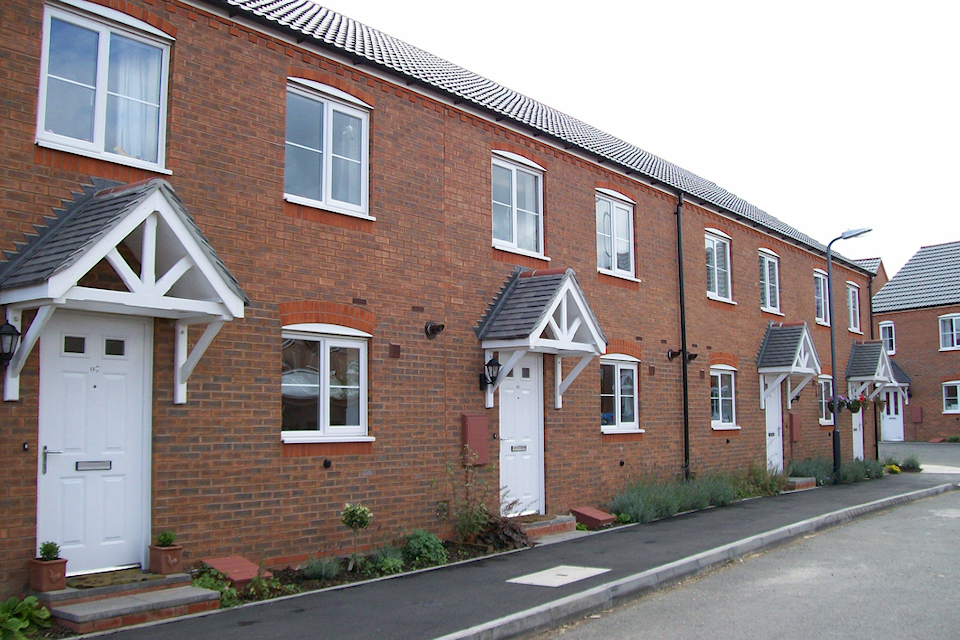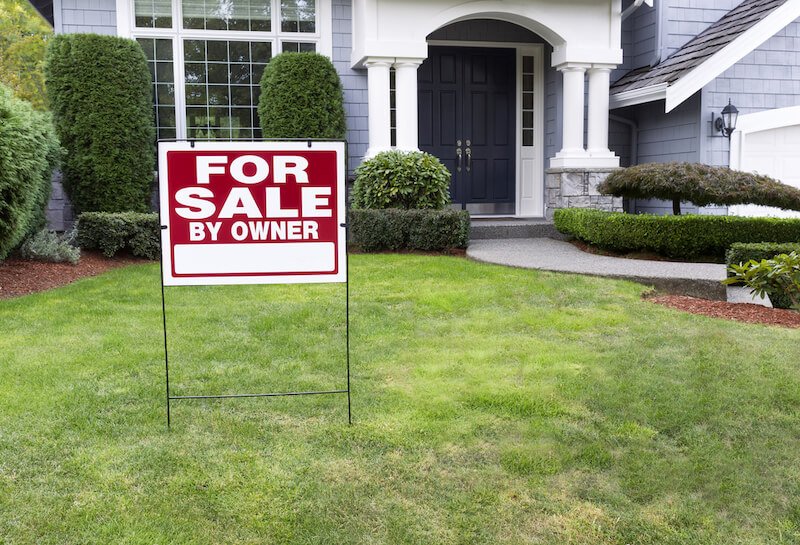Buying your first home can feel like stepping into a whole new world. There are contracts, agents, inspections, mortgages—and then someone mentions “foreclosure” or “foreclosed property,” and everything gets a bit blurry. If that sounds familiar, you’re not alone.
You might’ve seen homes listed as foreclosed or heard they’re cheaper. But what does that actually mean? And is it something you should consider? Here’s a breakdown in plain English.
What Is Foreclosure, Really?
Foreclosure happens when someone can’t keep up with their mortgage payments. The lender usually a bank—then steps in and reclaims the property. Basically, it’s a way for the lender to recover their money. They’ll eventually sell the home to someone else often through an auction or estate agent.
It sounds harsh, and honestly, it can be. For the original homeowners, it means losing a place they probably loved. But for buyers, it can open a different kind of door. It doesn’t mean it’s a steal or a perfect opportunity but it can be worth looking into if you know what you’re doing.
Why Do Homes Get Foreclosed?
A few things can trigger foreclosure, and it’s not always as simple as someone being careless with money. Life gets complicated. Job loss, illness, rising living costs, or even messy divorces can put people in a tough spot.
If a person falls behind on their mortgage for a few months, the lender usually sends warnings. If things don’t get sorted, that’s when the formal process begins.
What Does “Foreclosed Property” Mean for Buyers?
In basic terms, a foreclosed property is a home that’s been taken back by the lender and is now up for sale. It’s not owned by a person anymore it’s owned by a bank or building society.
Some people assume these homes are dirt cheap. That’s not always the case. Prices can be lower, but it depends on the market and the property’s condition. You might find a decent house that needs a bit of love or you might find one that needs major repairs.
And banks want their money back. They’ll price homes in a way that helps them cover their losses. They’re not giving houses away for free.
Is Buying a Foreclosed Home Worth It?
It depends on what you’re looking for and how much effort you’re willing to put in. Foreclosed properties can be great if you’re handy or don’t mind a bit of a fixer-upper.
For example, imagine you find a semi-detached home that’s been empty for six months. The garden’s overgrown, the paint’s peeling, and the kitchen hasn’t seen an upgrade since the 90s. But the price is £30,000 below market value.
If you’ve got the budget to do it up or don’t mind living in it while gradually improving things you might see a decent return later on. Or maybe it just becomes a solid home for less money than you’d spend elsewhere.
But it’s not always roses. Some foreclosed homes have serious issues. Damp, faulty wiring, or even structural damage. You’ll want to get a full survey done before you go any further. Honestly, don’t skip this bit. What looks like a bargain might end up draining your savings if you’re not careful.
How Do You Buy a Foreclosed Property?
There are a few ways, depending on how far along the process is.
- Auction
Some foreclosed homes are sold at auction. These are often open to anyone, but they move quickly. You’ll need to have your finances sorted in advance because there’s usually a short timeframe to pay in full. It can be exciting, but also stressful. You won’t always get a chance to do a full inspection either, which makes it riskier. - Through an Estate Agent
Other times, banks will list the property with estate agents, just like a normal sale. This can be a bit less intense than an auction. You can get a mortgage, do surveys, and negotiate the price though the bank is less likely to budge much. - Repossessed Listings from Lenders
Some lenders have their own property websites or work with asset managers to sell directly. These can be worth checking out if you’re actively searching.
Things to Keep in Mind
Alright, let’s get real for a second. Buying a foreclosed home sounds simple, but there are a few key things to consider:
- You might not get much info about the previous owners or the property’s condition. Sometimes it’s been sitting empty for months.
- You’ll probably need to invest in repairs—whether small fixes or major overhauls.
- You might not be able to view it more than once before making an offer (especially at auctions).
- Cash buyers have an edge. If you’re relying on a mortgage, things might move slower—and the bank selling the property might prefer someone who can pay outright.
What About Legal Stuff?
Always, always work with a solicitor who knows the repossession market. Some of the usual protections for buyers don’t always apply. For instance, you might buy the property “as is,” which means you’re taking it on with all its issues known or unknown.
There might also be delays or complications around eviction if someone’s still living in the property, though that’s more rare once the foreclosure process is done.
Can First-Time Buyers Compete?
Definitely. You don’t need to be an investor or have bags of experience to buy a foreclosed home. But you do need to be realistic.
Think about what you want: Are you looking for a forever home, or just something affordable that you can work on over time? Are you happy taking on a bit of a project, or would you rather move into something that’s ready to go?
In my opinion, foreclosed homes suit buyers who are patient and flexible. They can be a chance to buy in a location that would usually be out of reach, or to get a larger property for less.
But it’s not for everyone. If the idea of hidden problems keeps you up at night, it might not be worth the stress.



